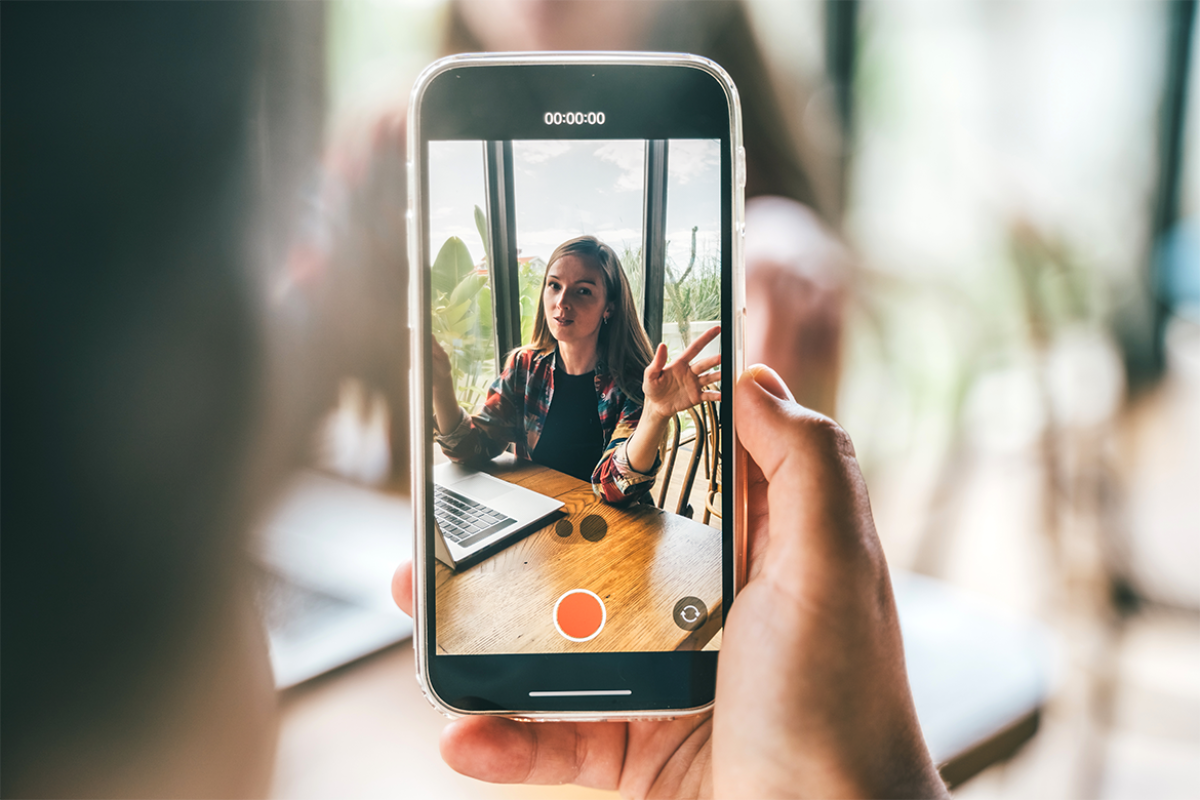The research one conducts as a medical student can further the body of knowledge used to improve patient outcomes. These scholarly pursuits also can shape careers and help bolster a residency applicant’s credentials.
As a medical student, Liz Southworth, MD, conducted research in urogynecology that informed her eventual specialty choice and taught lessons in both success and failure. A randomized controlled trial exploring a novel midstream urine-collection device allowed her to take her research from conception, through data collection to the eventual final step of publishing a manuscript as lead author.
For medical students looking to gain insight on the research process and the work their peers are doing, the finals of the 2023 AMA Research Challenge take place Feb. 6, 2024. Five finalists who will present their research to an expert panel of judges, with AMA president, Jesse Ehrenfeld, MD, as the host. Watch as the winner of the $10,000 grand prize is announced live.
Medical student research retrospective: Liz Southworth, MD.
Current position: Co-administrative chief resident, University of Michigan.
Specialty: Obstetrics and gynecology.
Medical school: Loyola University Chicago Stritch School of Medicine.
How I got interested in doing research: For me, scholarly pursuits and my interest in medicine went hand in hand. From an early age I was encouraged to ask questions, be curious, and be open to every learning opportunity. I found ample opportunity to do this as I shadowed family physician friends and explored my dream of becoming a physician.
In undergraduate, I started working in a basic science lab and fell in love with bacterial pathogenesis research. My professors fostered my curiosity and interest in medicine by facilitating a translational project with human samples and my created mutant strains of bacteria to study pathogenesis. This experience launched my desire to pursue an academic career where research and medicine are intimately interconnected.
My first foray into medical student research: When I started medical school, I knew I wanted to explore medical research and better understand how it could be incorporated into my career. Having exposure to basic science, I sought out translational and clinical research opportunities.
I stumbled upon a chance to work with urogynecology on designing a new clean catch urine sample device and method as a summer research project. I was quickly welcomed into a large translational research team and was hooked. I felt the joy of immersing myself in a project and the reward of becoming the expert on my work. My developing identity as a researcher was validated by the support of my mentors and PhD colleagues.
My earliest project was to design a novel clean catch urine collection device to be used in future urinary microbiome studies. After spending a summer learning about how to collect urine with the least amount of contamination, I attempted to design a bag-like device that would decrease lower genital bacteria contamination.
Unfortunately, I created an even more contaminated sample than the standard. My earliest lesson was that even in a failed experiment, there are invaluable lessons to learn, and these lessons can inform future studies. Being able to reflect on the experience and demonstrate my commitment to the work provided me the future opportunity to create my own randomized control trial.
My signature medical student research: I am most proud of my randomized controlled trial exploring a novel mid-stream urine collection device. Over the course of two years, I was able to design my study, recruit and consent participants, gather specimens, process these specimens and publish a manuscript as a first author. To be able to take a research project from conception to completion was extremely rewarding. Presenting updates on my research and learning to collaborate with my mentors and colleagues enabled my success.
How my research relates to my physician specialty choice: My clinical research in medical school with the urogynecology department led me to explore ob-gyn and urology for residency. Attending the specialty national conferences exposed me to the field further and I began to learn about the career paths that could lead me to ultimately practicing urogynecology.
With the guidance and encouragement of my mentors who were both urologists and gynecologists, I simultaneously exported both specialties. Ultimately, I chose ob-gyn for residency, but will be starting urogynecology fellowship in 2024. My research was what set me on the career path that years later I am on.
Research skills are necessary in every specialty. Fundamental skills of research are asking critical questions and developing the skills to take new information and apply it to a clinical situation. These are important skills for any specialty, and I believe lead to improved patient outcomes and evidence-based practice.
How much research I conduct in my day-to-day practice: Medical school gave me a glimpse into academic medicine with the various percentages that exist between scholarly pursuits and clinical responsibility, however, I do not think it gave me a good sense of how I could incorporate research as a resident. While I did have some projects with residents as a medical student, I worked far more with faculty.
I think that my vision for what my long-term career could look like was galvanized as a medical student, however, as a resident I now have a better sense of the complexities of clinical medicine including the administrative burdens. Having the chance to work alongside senior faculty as a medical student has allowed me to be more strategic in the opportunities I have taken as a resident.
How medical school supported my research: Loyola offered a summer research program as well as a research honors tract. I took advantage of both opportunities and appreciated the support of the school in these endeavors. We were supported by statisticians, had a well-structured fundamentals of research curriculum with lectures and opportunities to present our work.
Barriers I encountered in conducting medical school research: Time is the largest barrier to research. There are inevitable setbacks and having the time to work through them is critical. As a medical student, there were times when my schedule was much more flexible and others where I needed to take a step back and shift focus.
Communicating this with my mentors and colleagues was critical to continuing to move projects forward. As a resident I lean on that lesson constantly and have learned to delegate. While my time is more limited and under less of my control, my ability to ask for assistance and utilize the resources at my disposal have grown, thus facilitating productivity during a busy surgical residency.
How I have identified research mentors: I identified my mentors during a research showcase during which they presented their opportunities and had a history supporting medical student research.
They supported me by setting clear expectations, providing me opportunities to take ownership of my project and responding in a timely manner around conference and manuscript preparation times. They also encouraged me to reflect on how I wanted to incorporate research into my future career and continue to serve as mentors as continue into fellowship now.
What I would do differently as a medical student researcher: Nothing! I took advantage of the opportunities at hand and took risks that lead to a really rewarding research experience that spanned my medical school training. I pushed myself to present my work often and own my expertise of the project. This afforded me the opportunity to make professional connections and get a glimpse into my future profession.
Advice for medical students with designs on publishing: Be persistent. A rejection is not the end of the story. Explore all opportunities to share your work including local symposiums and even nonpeer-reviewed publications if needed. The process of working towards publishing is full of learning opportunities regardless of the outcome.
Other tips for medical student researchers: Getting involved in research is extremely rewarding and allows you to gain a firsthand understanding of how we advance medicine and patient care. Even if research does not become a large portion of your future career, the skills you develop in completing research are invaluable.
Learning to critically appraise the literature, ask critical questions, and consider implications to patient care will make you a better physician in the long term. There are many opportunities to be an active participant in shaping the future of medicine which include research, but also can include quality and improvement projects, medical education, and policy and advocacy work to name a few.




